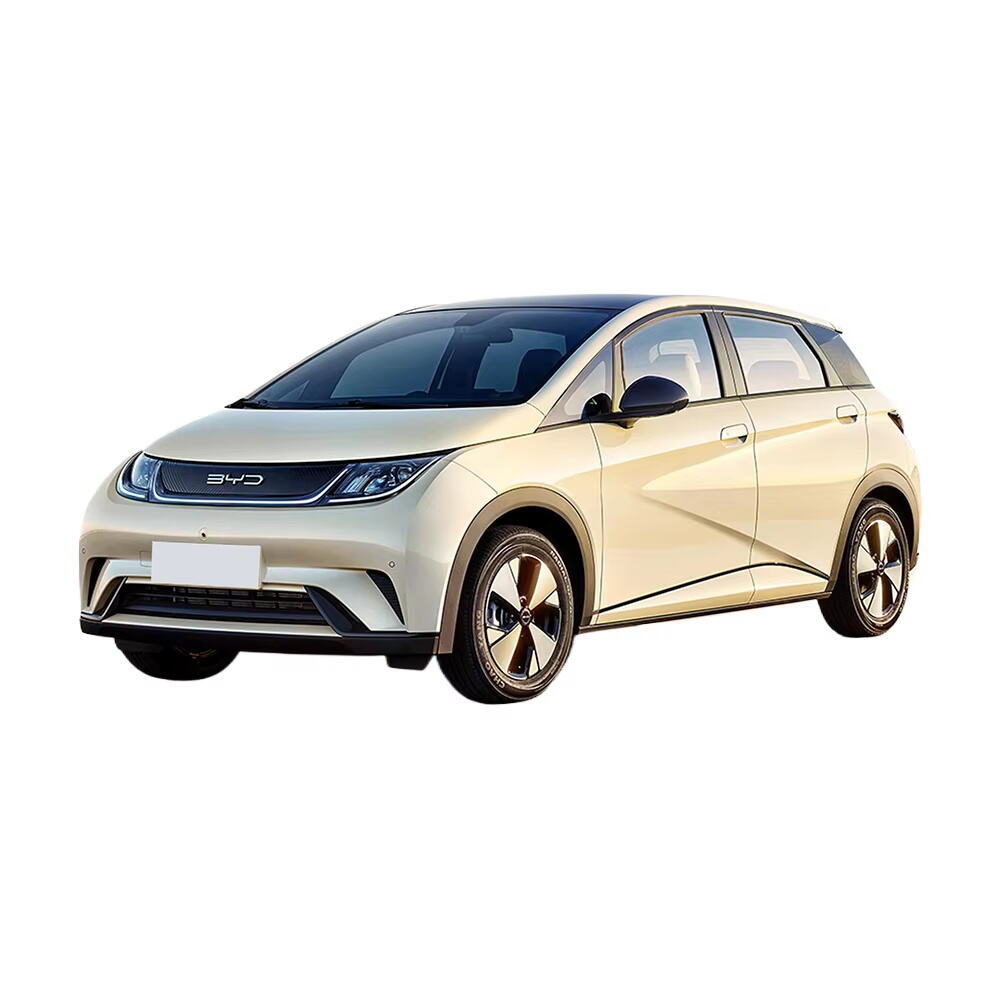Keeping your car in top condition means replacing worn-out parts regularly. Neglecting this can lead to safety risks and costly repairs. Focus on maintaining common auto parts like filters, brakes, and tires. Regular replacements improve performance and extend your vehicle’s lifespan. Stay proactive to ensure a smooth and safe driving experience.
Engine Oil and Oil Filter
Why Regular Replacement is Necessary
Engine oil lubricates your car’s engine, reducing friction and preventing overheating. Over time, oil collects dirt, debris, and other contaminants, which can reduce its effectiveness. A clean oil filter ensures that these impurities don’t circulate through the engine. Neglecting regular oil and filter changes can lead to engine wear, reduced performance, and costly repairs. Replacing them on time keeps your engine running smoothly and extends its lifespan.
Signs It’s Time to Replace
You might notice several signs when it’s time to replace your engine oil and filter. A dashboard warning light, such as the oil pressure or check engine light, often indicates low or dirty oil. Dark or gritty oil on the dipstick is another clear sign. You may also hear unusual engine noises, like knocking or ticking, caused by insufficient lubrication. If your car’s fuel efficiency drops, it could be due to old oil affecting engine performance.
Recommended Replacement Interval
Most manufacturers recommend changing engine oil every 3,000 to 5,000 miles for conventional oil or 7,500 to 10,000 miles for synthetic oil. However, your driving habits and conditions can affect this interval. Frequent short trips, stop-and-go traffic, or extreme weather may require more frequent changes. Always consult your vehicle’s owner’s manual for specific guidelines.
Air Filters (Engine and Cabin)
Why They Need Replacement
Air filters play a vital role in keeping your car’s engine and cabin air clean. The engine air filter prevents dirt, dust, and debris from entering the engine, ensuring optimal performance and fuel efficiency. The cabin air filter, on the other hand, keeps the air inside your car fresh by trapping allergens, pollutants, and odors. Over time, these filters become clogged with contaminants, reducing their effectiveness. Replacing them regularly ensures your engine runs smoothly and you breathe clean air while driving.
Signs of a Dirty or Clogged Filter
A dirty or clogged air filter can cause noticeable issues. For the engine air filter, you might experience reduced acceleration, poor fuel efficiency, or unusual engine sounds. A visual inspection may reveal a filter covered in dirt or debris. For the cabin air filter, you may notice reduced airflow from the vents, unpleasant odors, or increased allergy symptoms while driving. Ignoring these signs can lead to bigger problems, such as engine strain or an uncomfortable driving experience.
How Often to Replace
The replacement interval for air filters depends on your driving conditions. For engine air filters, most manufacturers recommend replacing them every 12,000 to 15,000 miles. Cabin air filters typically need replacement every 15,000 to 30,000 miles. If you drive in dusty or polluted areas, you may need to replace them more frequently.
Brake Pads and Rotors
Importance of Replacing Brake Components
Brake pads and rotors are essential for your car’s braking system. They work together to slow down or stop your vehicle when you press the brake pedal. Over time, brake pads wear down due to friction, and rotors can become warped or damaged. Worn-out brake components reduce your car’s stopping power, which increases the risk of accidents. Replacing these parts ensures your brakes function properly and keeps you safe on the road.
Warning Signs of Worn Brakes
You can often detect worn brakes through noticeable warning signs. A squealing or grinding noise when braking usually indicates worn brake pads. If your car vibrates or pulls to one side while braking, the rotors might be uneven or damaged. A longer stopping distance or a spongy brake pedal feel can also signal brake problems. Pay attention to any dashboard warning lights related to the braking system. Ignoring these signs can lead to brake failure, so act quickly if you notice them.
Suggested Replacement Timeline
Brake pads typically need replacement every 25,000 to 70,000 miles, depending on your driving habits and conditions. Rotors usually last longer, around 50,000 to 70,000 miles, but they may require resurfacing or replacement sooner if damaged. Check your owner’s manual for specific recommendations. Frequent city driving or heavy braking can shorten the lifespan of these components.
Battery
Why Batteries Need Replacement
Your car’s battery powers essential systems, including the engine starter, lights, and electronics. Over time, the battery loses its ability to hold a charge due to chemical reactions inside it. This natural wear reduces its efficiency and reliability. A weak or failing battery can leave you stranded, especially in extreme weather conditions. Replacing the battery on time ensures your car starts reliably and all electrical components function properly.
Symptoms of a Failing Battery
A failing battery often shows clear warning signs. You might notice the engine cranking slower than usual when starting the car. Dim headlights or flickering interior lights can also indicate a weak battery. If you frequently need to jump-start your car, the battery likely needs replacement. Another common symptom is a swollen battery case, which can result from exposure to excessive heat. Pay attention to the battery warning light on your dashboard as well.
Typical Lifespan and Replacement Schedule
Most car batteries last between three and five years. However, factors like extreme temperatures, frequent short trips, and heavy use of electronics can shorten their lifespan. To avoid unexpected issues, test your battery annually after the three-year mark. Follow your vehicle manufacturer’s recommendations for replacement. Staying proactive with battery maintenance ensures your car remains dependable and avoids costly breakdowns.
Regularly replacing common auto parts keeps your car safe and efficient. Ignoring worn parts increases the risk of accidents and expensive repairs. Stay proactive by following your vehicle’s maintenance schedule. This ensures smooth performance and reliability, giving you peace of mind every time you drive.

